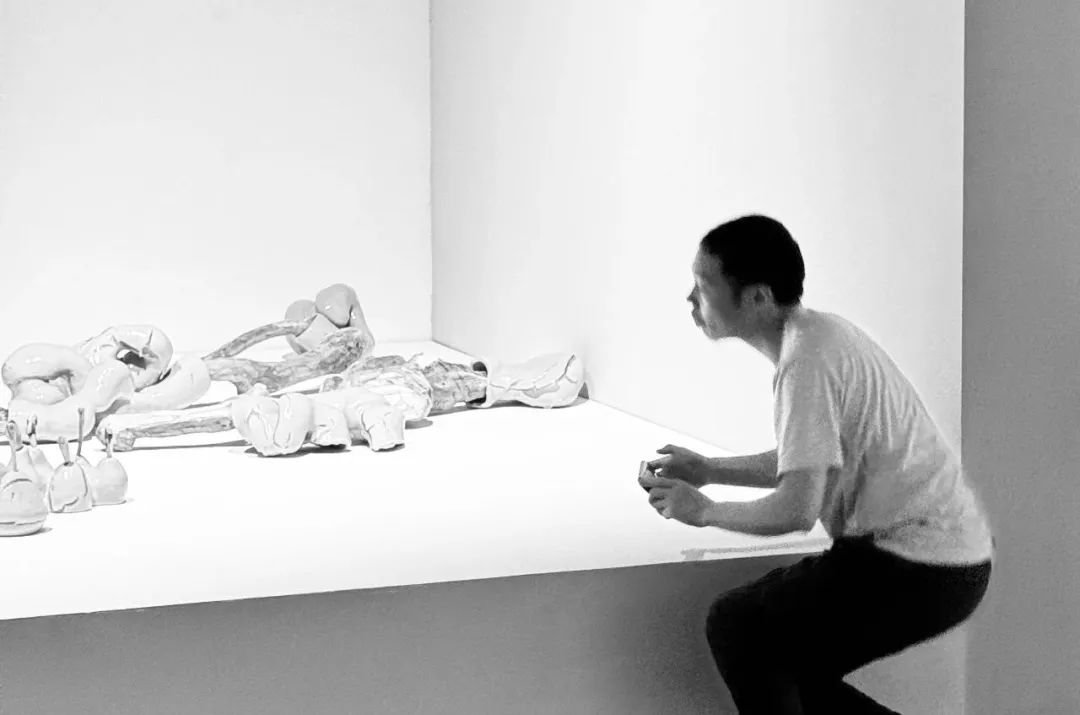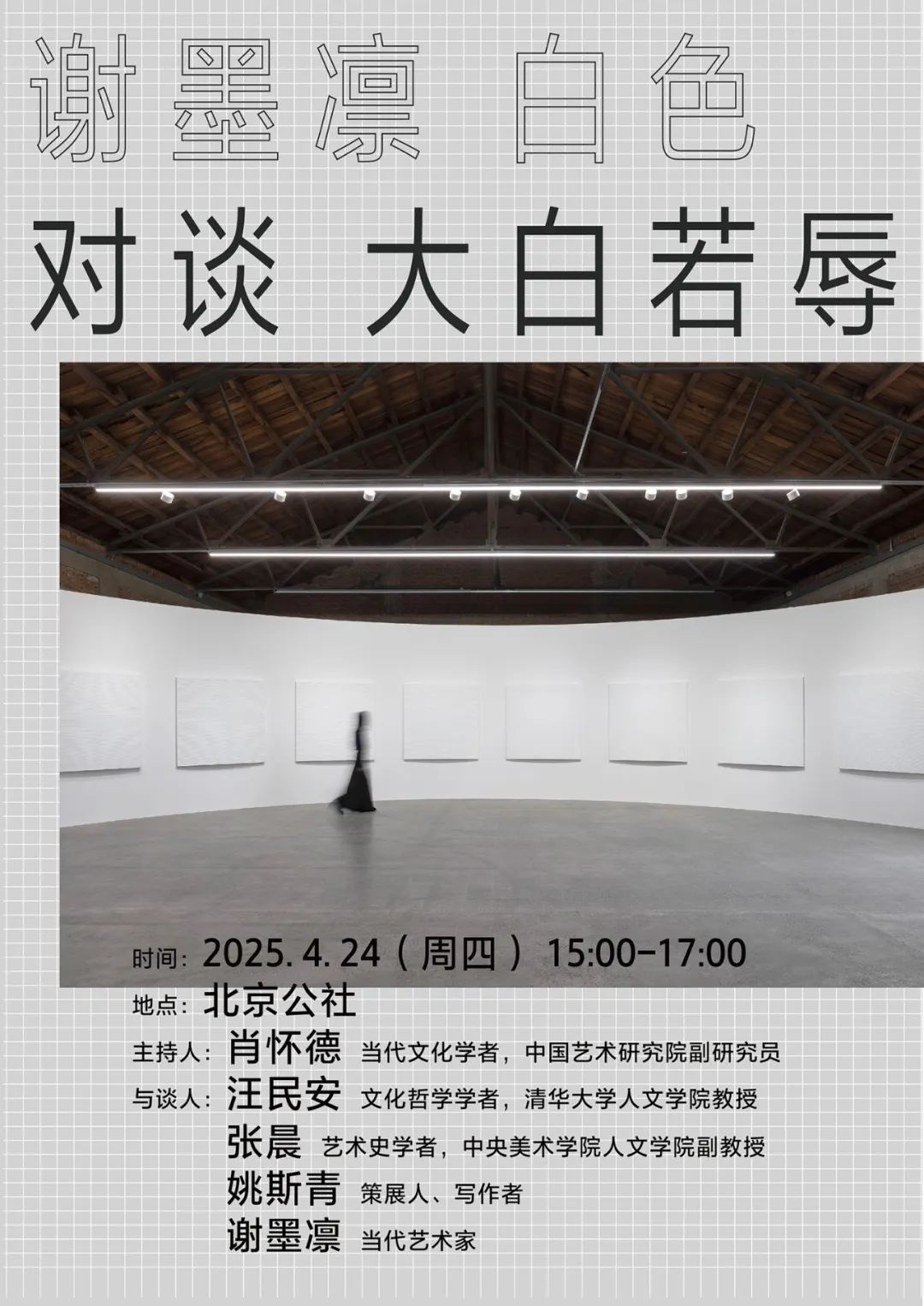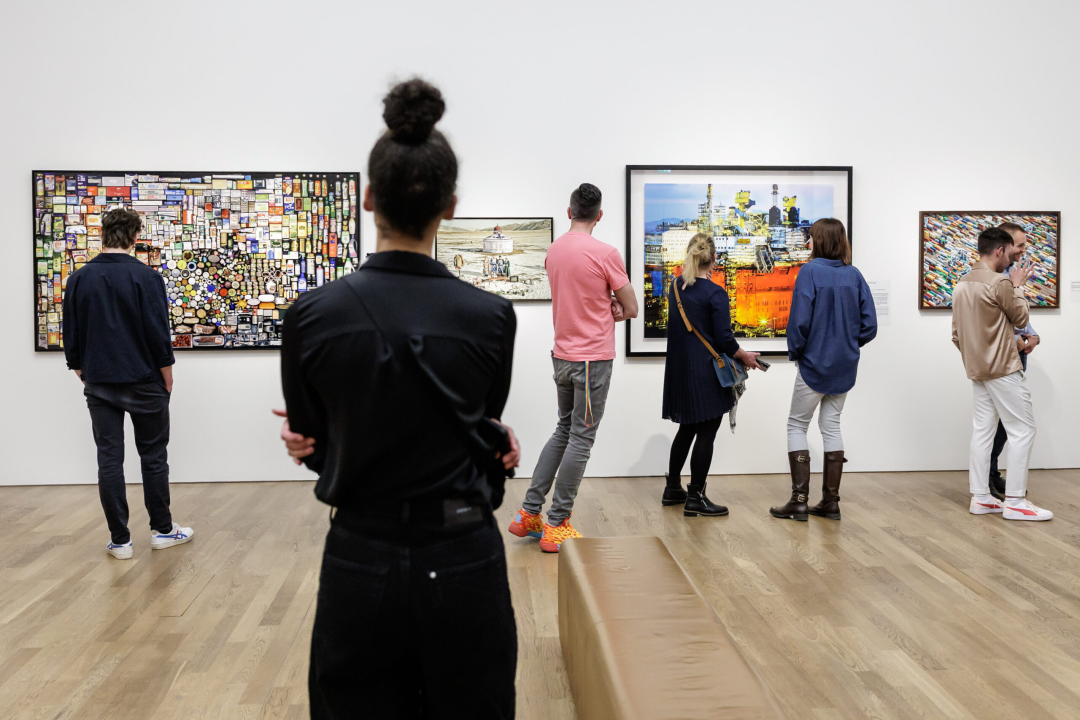Zhang Peili’s “Now That” did not extend the most hospitable greeting
to its viewers. Upon arriving at the gallery, one immediately found
oneself barricaded in an imposing open-roofed structure made of
shiny metal railings, whose doors then opened up to allow passage into
the space. Inside, a dozen new and used mattresses—some leaning
against a wall, others resting on the floor, were scattered about. Lying
down on any of the mattresses, one heard a digitally simulated voice
reading out names. Whose were those names enunciated at five-second
construction at the entrance, Access Control System, 2018? As it turned
out, the names broadcast in Audible Mattress are those of randomly
selected Chinese Communist Party members, wanted criminals, and
lost children. When asked why he mixed these names together, Zhang
was evasive. He said it was the “uneasiness” of the three groups that
interested him. I’d argue that these groups can be perceived as representing,
respectively, power, its rejection, and lost innocence. If Zhang’s
earlier work Water: Standard Version from the Cihai Dictionary, 1991,
made power concrete by embodying it in the figure of China Central
Television anchor Xing Zhibin, Audible Mattress highlights power’s
insidious and abstract attributes. Access Control System also addresses
its pervasiveness: For those living in China, the railings in this work are
quite common. Their ubiquity makes them feel ordinary, hardly intimidating.
Who are these security doors keeping out—thieves, intruders,
or the neighbors? Have we so deeply internalized the need for protection
that we’ve become each other’s prison guards?












